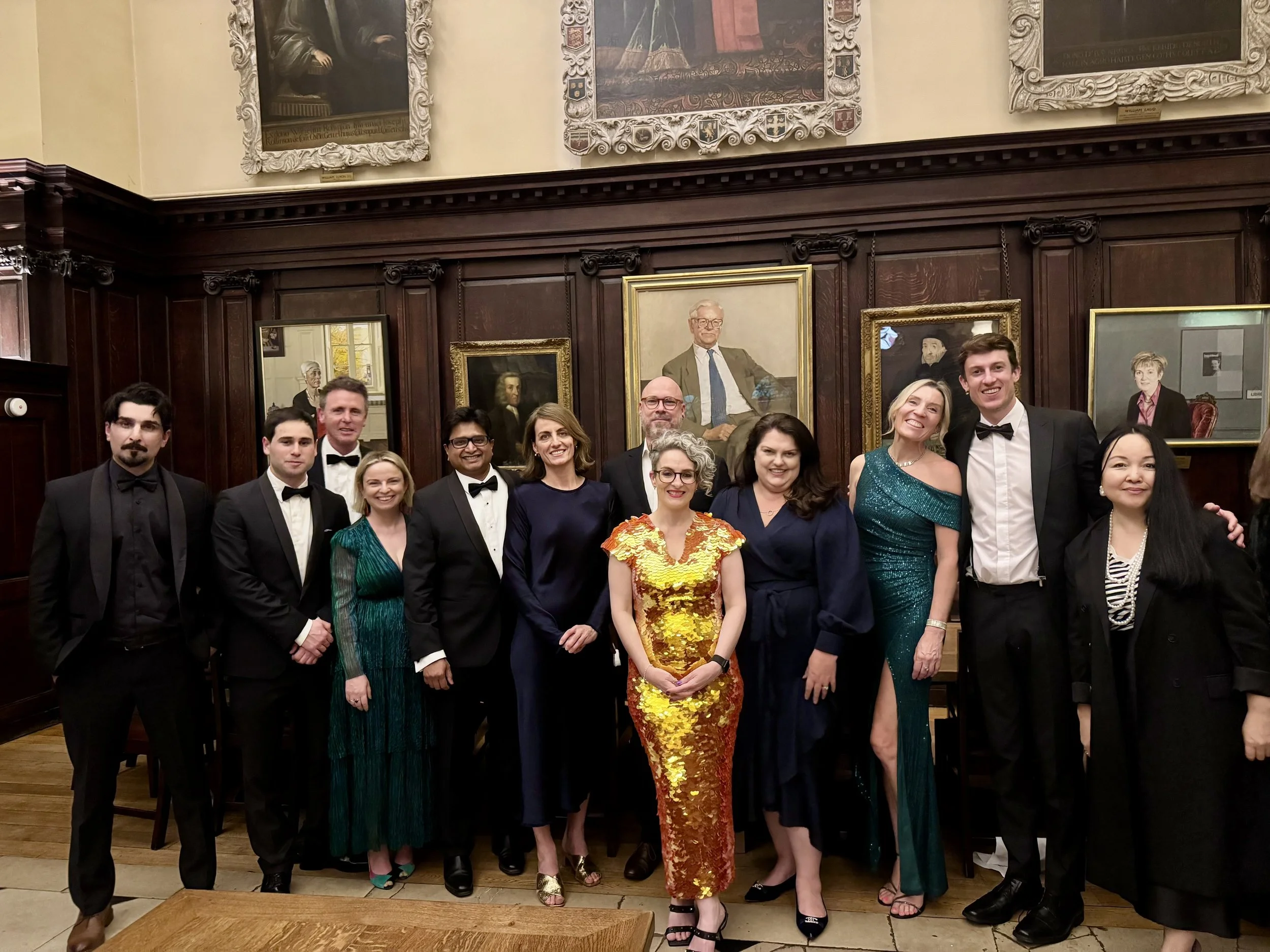CEnet shines at University of Oxford
CEnet recently presented their innovative approach to ethical AI in Australian Catholic schools at the prestigious AI in Education (AIEOU) conference at the University of Oxford. The event, described as a "watershed moment" for globally relevant discussions on AI in education, provided a notable platform for Lee Barrett (CEnet AI Advocate) and Prem Radhakrishnan (CEnet AI Manager) to share insights from our "cechat journey". Their presentation, "AI with Heart: What happens when Australian schools co-create AI?", engaged a distinguished global audience of educators, students, researchers, technologists, and policymakers at Pembroke College.
cechat: A secure, ethical AI platform for education
At the heart of CEnet's presentation was cechat, a secure, Catholic-informed AI platform built specifically for education. Unlike many public AI tools, cechat operates in a closed, managed environment, making it ethical, safer, targeted, and supportive. The platform is designed to enhance the human role in learning and teaching, rather than replace it. It features templated or self-created agents designed for learning, wellbeing, planning, and administration. CEnet's mission is to use AI to reduce teacher workload and improve the student experience of education in Australian Catholic schools.
Addressing Australia's educational landscape
The presentation highlighted the current challenges within Australian K-12 Catholic education, which cechat aims to address.CEnet identified several "problems we met on the ground," including:
Work intensification and wellbeing pressures: Teachers consistently report longer hours, more administration, and higher accountability, alongside rising expectations from curriculum reform, parent demands, and compliance.
Acute teacher shortages, particularly in STEM, regional, and special education.
Declining student outcomes: Australia's PISA results have steadily dropped in reading, maths, and science over the last two decades, leading to a "slipping middle" narrative where once high-performing students are now behind peer nations.
Widening equity gaps: A strong link between socio-economic background and achievement persists, with students in remote, Indigenous, and low-SES communities consistently facing lower outcomes.
The power of co-creation: "We Built cechat WITH Teachers and Students, NOT FOR Them"
A core message in the presentation was that cechat was built with teachers and students, not for them. This co-design approach is central to its success, as teacher- and student-built agents tend to stick, while top-down tools often do not. The national rollout of cechat currently involves 30,000 students and 12,000 teachers.
cechat aims to address critical areas such as:
assessment and feedback (especially for writing/NAPLAN)
administrative efficiency (helping teachers navigate policies and procedures)
personalised subject support (creating specialised tutors)
inclusive education (supporting diverse learning needs)
professional development (providing teaching assistance and curriculum guidance)
Key takeaway insights from the co-creation journey
The CEnet team shared valuable insights from their experience:
Time is the currency: If AI does not address teacher workload, it will not be embraced.
Co-design wins: Tools built with teachers and students are more successful than top-down solutions.
Trust is vital: Live guardrails and flagged patterns are more effective than policy PDFs in building trust.
Equity by default: Support materials and training are crucial to address the spectrum of skillsets.
Measure what matters: Understanding how students and teachers use AI, what new features they request, and leveraging data for design improvements is key.
CEnet's contribution to the AI in Education conference underscored its commitment to ethical and co-designed AI solutions for Australian Catholic schools, fostering progressive dialogue and challenging the status quo.
CEnet extends sincere gratitude to the University of Oxford for the invaluable opportunity and congratulates Lee and Prem on their outstanding achievement.



